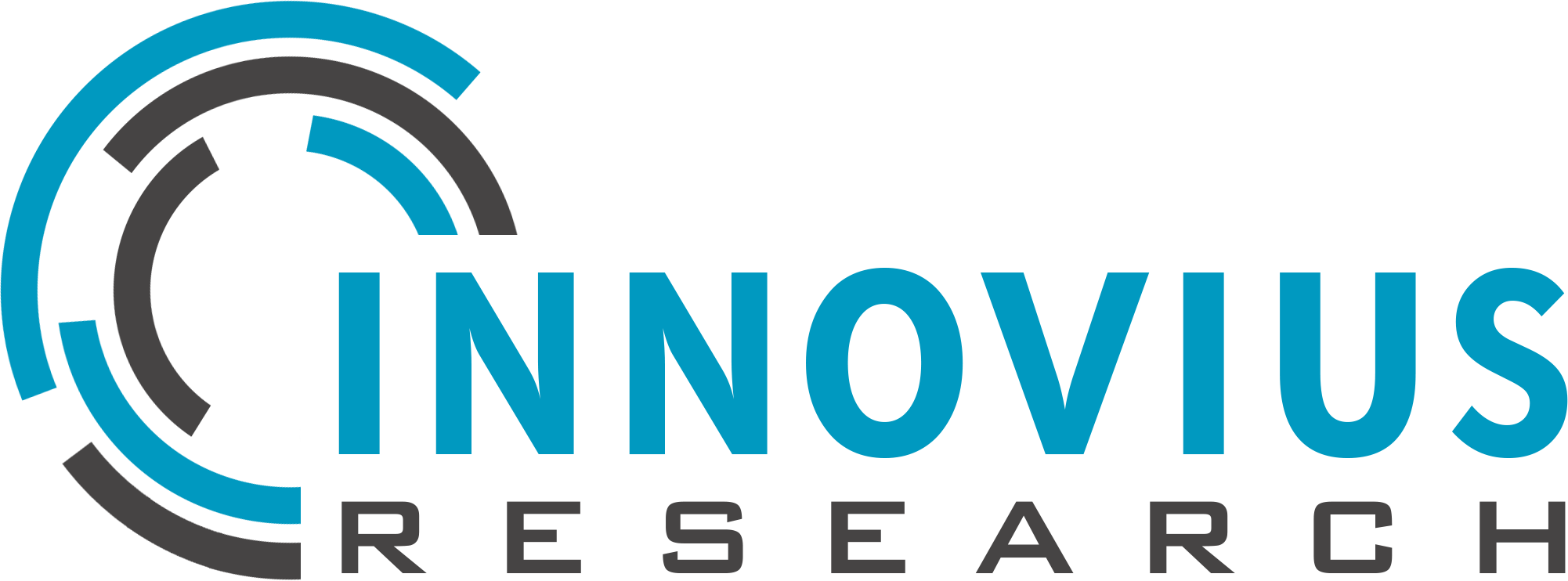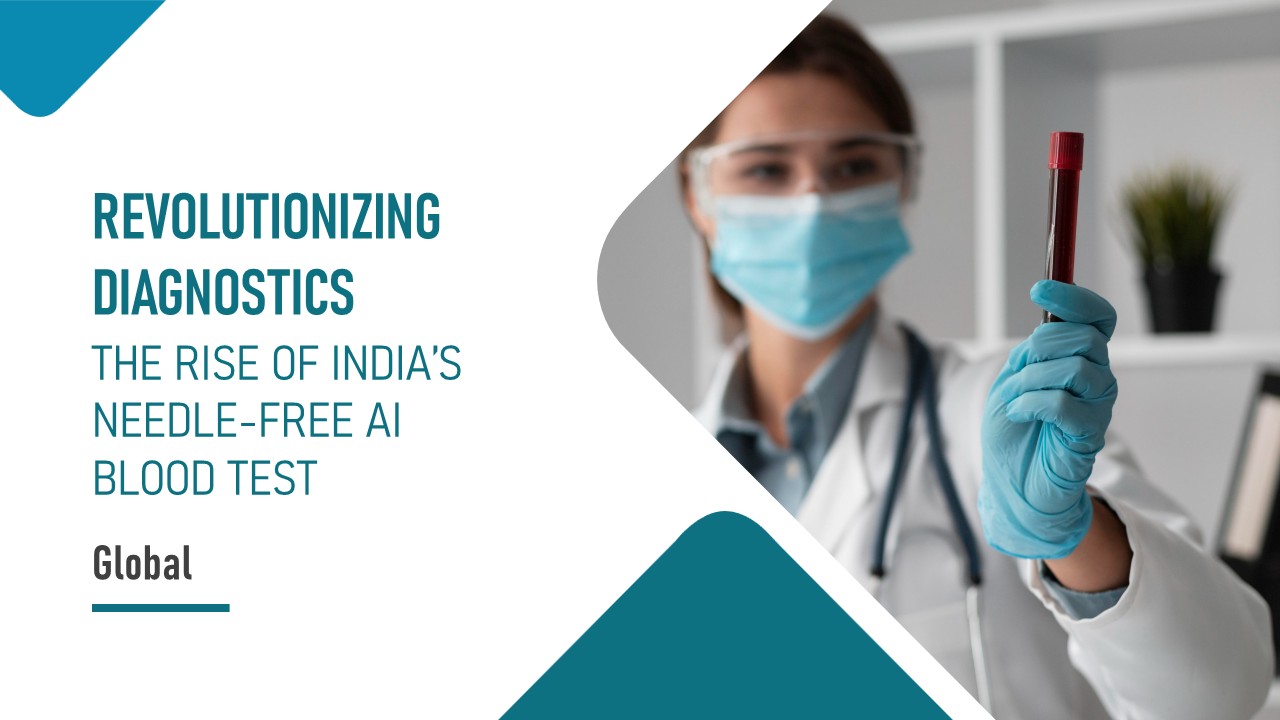
Revolutionizing Diagnostics: The Rise of India’s Needle-Free AI Blood Test
In a healthcare sector fraught with limited access, patient fear, and delayed results, India is witnessing a quiet revolution, one that dispenses needles and embraces artificial intelligence. Enter the era of “no needle, no blood” diagnostics, propelled by cutting-edge AI-powered blood tests that claim to make early detection more inexpensive, accessible, and acceptable.
The AI-powered blood test is a facial scan–based health assessment tool developed by Quick Vitals, a Hyderabad-based startup. The test uses a mobile device or tablet camera to analyze facial blood flow through PPG technology.
AI in Medical Diagnostics Market in India
In 2024, the Indian AI in medical diagnostics market was valued at $12.87 million. The Indian market is expected to grow and reach to $44.87 million by 2030.
The Indian AI in the medical diagnostics market will be growing at an approximate CAGR of 23.10% during the forecasted period 2025-2030.
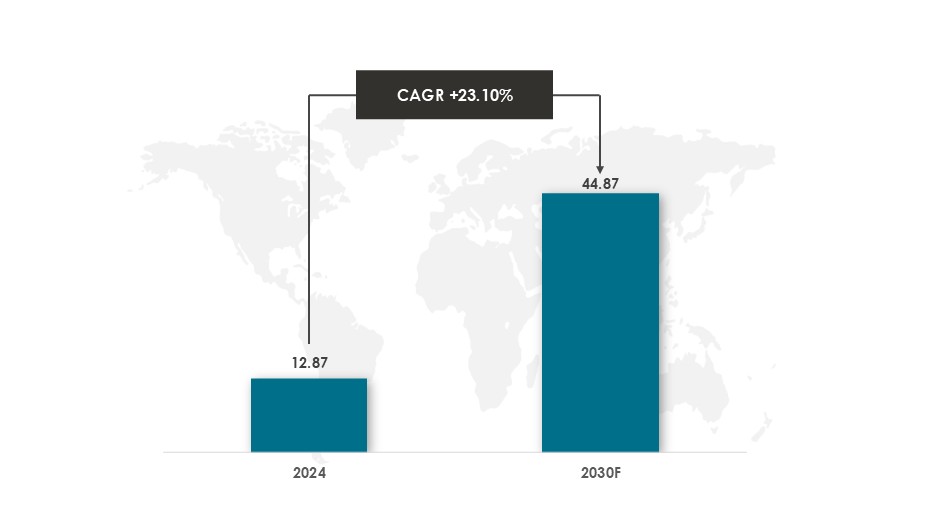
Key Drivers: The AI in medical diagnostics market in India is rapidly expanding, driven by a growing need for early and precise disease detection, a growing burden of chronic illnesses, and a dearth of competent healthcare personnel. With an increasing reliance on AI-powered radiography, pathology, and predictive analytics, hospitals and diagnostic centers are incorporating AI technologies to improve productivity and cut turnaround times.
Innovations and Home-Centric Startups in India
Spearheading this revolution are homegrown startups and research-driven innovations, transforming how blood-based diagnostics are done.

Facial Scan–Based Health Assessment Tool
In 2024, the Facial Scan–Based Health Assessment App was developed in India. It was first used at Niloufer Hospital. It provides fast health assessments without the use of needles, with results in under a minute. The tool utilizes Photoplethysmography (PPG), a technique that detects changes in light absorption via the skin to analyze various health parameters. When the data is delivered to the app, it searches explicitly for pulsing blood in your arteries for measurements, and the calculations commence.

Ezerx’s Ezecheck: Spectroscopy in Your Finger
EzeRx, established in Kolkata, has developed EzeCheck, a palm-sized gadget that measures haemoglobin, oxygen saturation, bilirubin, creatinine, and glucose in 10-20 seconds without the need for skin pricking. Given CDSCO approval, 95%+ accuracy, and test costs at approximately INR. 35 for each, this is a game changer for both rural and urban clinics. EzeRx offers its devices on a service model to clinics, NGOs, and insurers
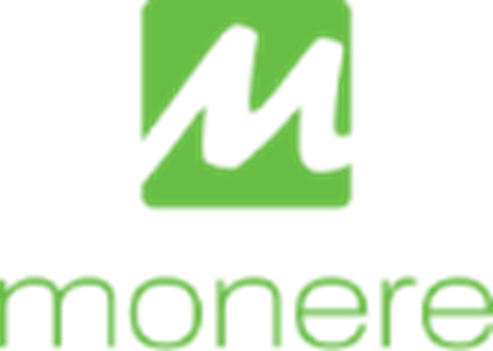
NiADA: Smartphone-Based Non-Invasive Haemoglobin Testing
Monere AI’s NiADA software, developed in Kolkata, utilizes a smartphone camera to capture photos of the lower eyelid and then applies deep learning to predict haemoglobin levels in real-time. A clinical investigation of 556 patients found a mean inaccuracy of ~1 g/dL compared to laboratory testing, with reasonable sensitivity and specificity.

Biosense’s ToucHB: Eyesight Turns to Insight
ToucHB, a handheld gadget developed by Mumbai-based Biosense, measures conjunctival (eyelid) colour and analyzes it using artificial intelligence to calculate haemoglobin levels – all without drawing blood. It is now being utilized in over 2,000 rural communities and provides immediate results – an essential step toward widespread anaemia screening.
Industry Statistics
There are around 780+ companies founded year-on-year in the AI in Healthcare sector in India. So far, around 13 new startups have been founded within the Indian market.
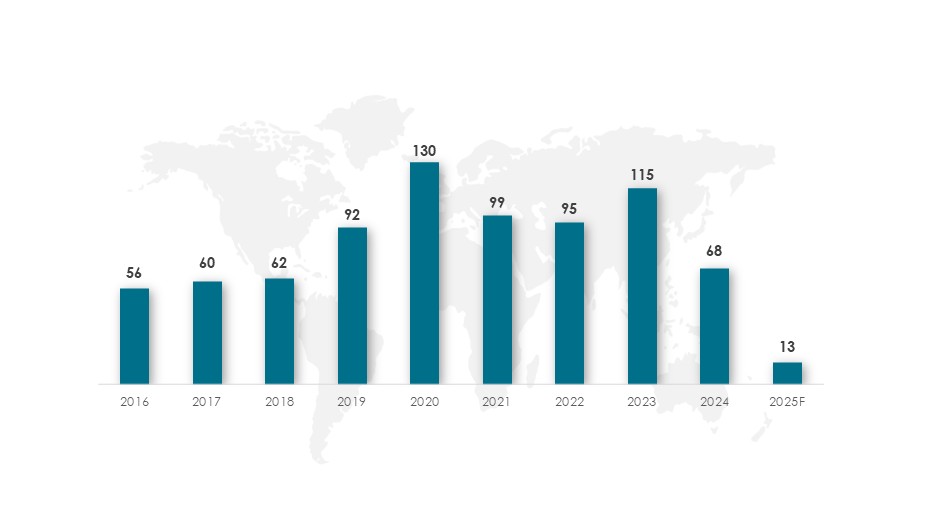
Conclusion
India’s initial phase of no-needle, no-blood AI diagnostics is more than a technological curiosity; it’s a game changer for accessibility, rural health, and preventive care. Millions of people could gain from early diagnosis and intervention thanks to low-cost, fast, and mobile-friendly platforms such as EzeCheck, ToucHB, and NiADA. These breakthroughs, which are accurate, scalable, and networked, have the potential to transform diagnostics not only in India but also globally.
Stay tuned to Innovius Research for ongoing market insights and data-driven analysis.
Data Sources: GlobeNewswire, IndiaToday, TheBetterIndia, PubMed, Tracxn, and YourStory
Other Market Insights
